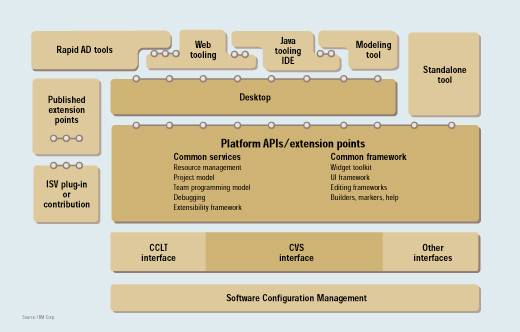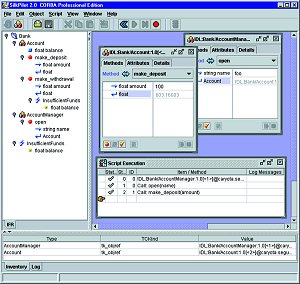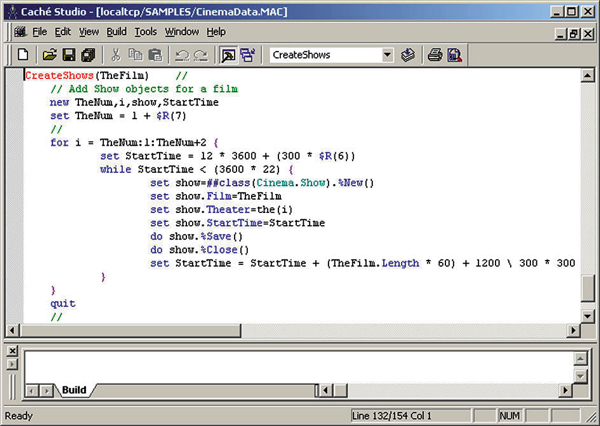
IBM broadens the effort to open its development and middleware technologies by supporting an ever-increasing list of standards led by Web services, XML and Java; targets Oracle, Microsoft in aggressive push.
Unworkable schedules and requirements can lead to poorly designed, mostly unusable e-business systems; adequate tools for managing change are vital to any successful e-business project.
ACNielsen, Kesmai Studios and Loewe GmbH look to UML to bring order to complex development projects. While the technology is a big help, there is still a way to go.

Complex, critical integration projects can fail at any point. Experts say an iterative testing process must become an integral ingredient of any successful integration project.
Enterprise Information Portals (EIPs) may be the 'next big thing' for corporate users. It is also sending suppliers scrambling to carve out a choice position in the market.

InterSystems Corp. offers Caché, an object database that is an obvious partner for an OO-language like Java. Jon Elsom, a freelance consultant working with Hang 10 Systems in the UK, shares his experience with Caché. While the product is a bit immature on the Java side, InterSystems has improvements planned for the next version that should help Caché mature rapidly.
The <FONT FACE="Courier">ITERATOR</FONT> pattern represents what many OO developers think of as <I>the</I> design for iteration in an object system, but there is more to iteration abstraction than just <FONT FACE="Courier">ITERATOR</FONT>. Kevlin looks at three iteration patterns—<FONT FACE="Courier">ITERATOR</FONT>, <FONT FACE="Courier">ENUMERATION METHOD</FONT>, and <FONT FACE="Courier">BATCH METHOD</FONT>—whose solutions differ in their response to threading, distribution, exceptions, and parameterization.